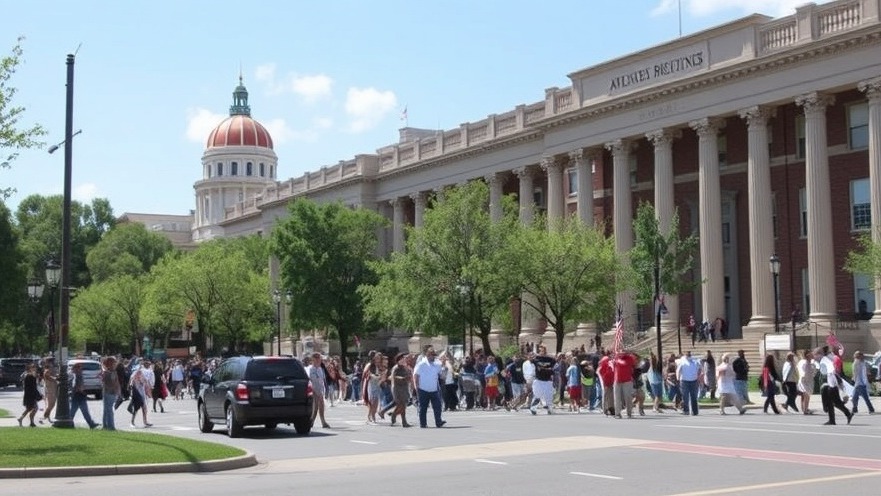
Parking Crisis in Fayetteville: Striking a Balance
The city of Fayetteville is grappling with a profound parking crisis, as housing and commercial development challenges intensify due to evolving parking ordinances. With the Fayetteville City Council set to deliberate on parking regulations, residents, students, and business owners are voicing their concerns over proposed changes that could exacerbate the current housing crisis.
In Fayetteville residents push back against parking ordinance, the discussion dives into crucial housing and parking issues facing the community, prompting a deeper exploration of the implications behind these proposed regulations.
Understanding the Proposed Changes
Currently, there is a push to modify parking rules for residential developments, effectively making it more difficult for builders to construct new housing. Local advocacy group Fayetteville Strong argues that these changes could lead to higher costs and extended development timelines, ultimately worsening the housing shortage affecting the community since last April.
Council members have expressed concerns that the proposed changes may lead to unnecessary parking spaces that developers may build out of fear of penalties, even if those spaces are not needed. This inefficiency could be seen as a de facto tax on renters, heightening the strain on those most affected by the housing dilemma.
Community Impact and Future Growth
As Fayetteville continues to grow, finding a solution to parking issues without hindering development is crucial. The city has had success in the past by eliminating minimum parking requirements for non-residential properties, allowing businesses to determine their own parking needs. Maintaining a flexible approach could mitigate the potential negative effects of stringent parking regulations.
Creating a balance between providing adequate parking and facilitating growth is necessary for the future well-being of Fayetteville. With stakeholders pushing for denser urban areas, it is vital to consider how these ordinances can adapt to the city’s evolving landscape.



Write A Comment